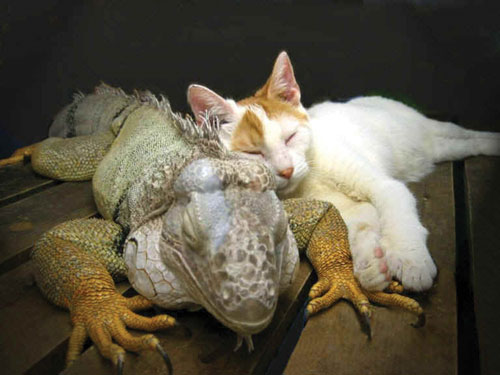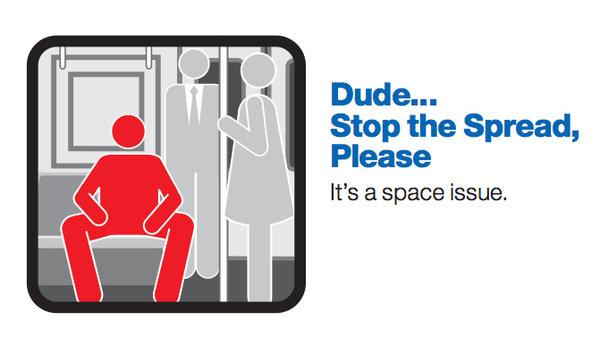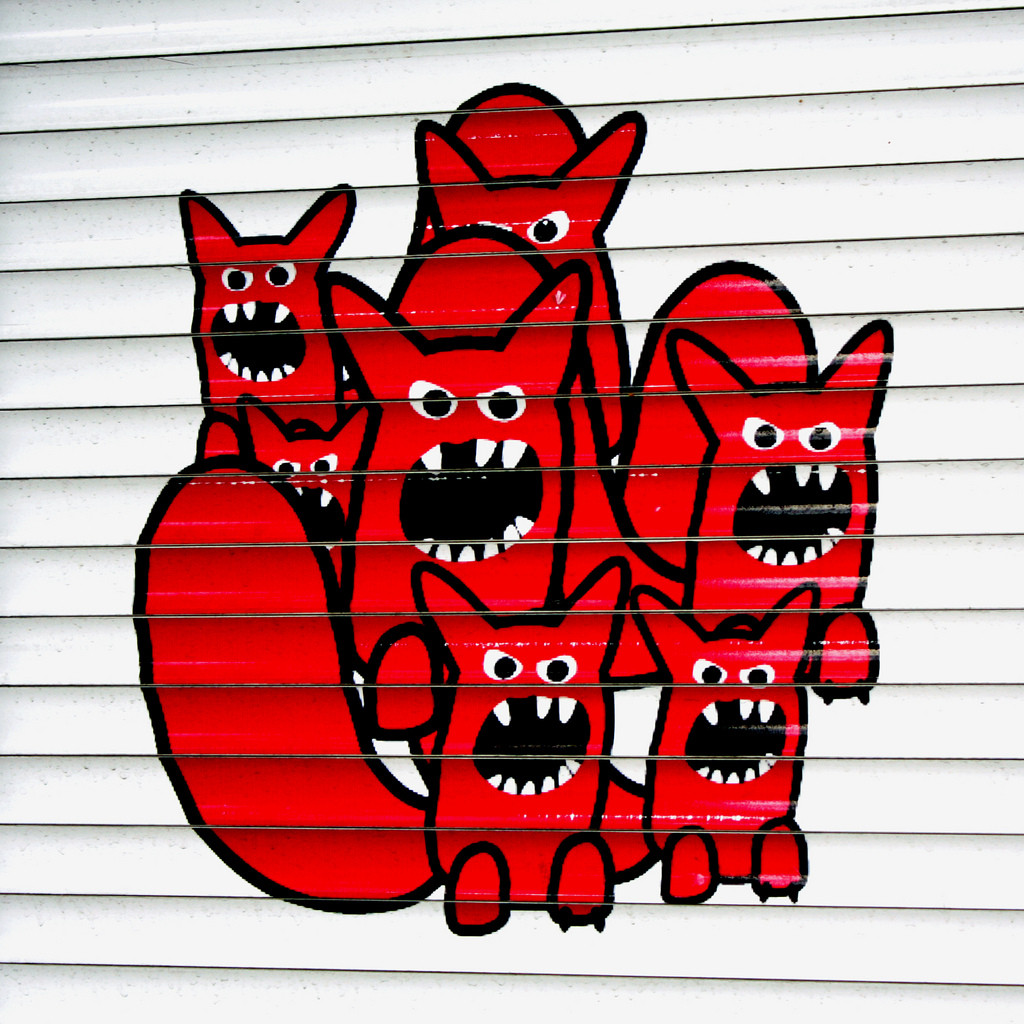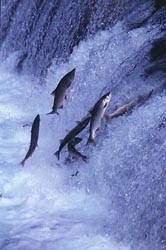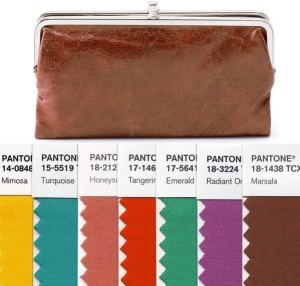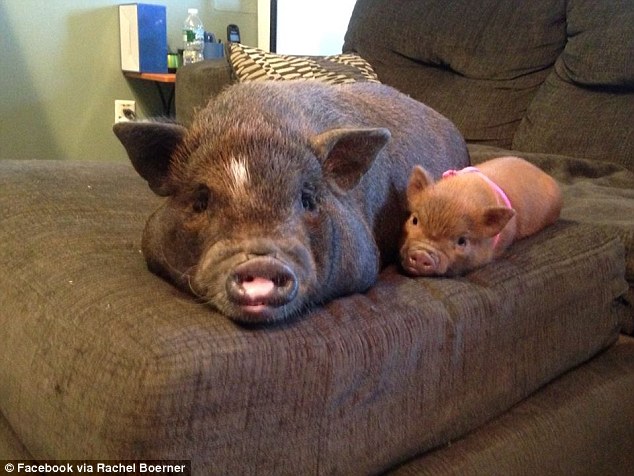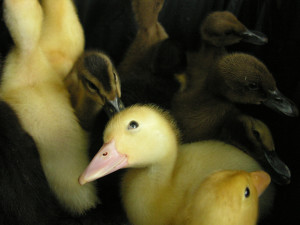What better way to kick off 2015 than with a fresh batch of buzzworthy words? This week: a mutant flu virus, another kind of coffee, and an anonymous vigilante group, care of Harry Potter.
drifted virus
“Pharmacologist and Forbes.com writer David Kroll argues that the worry about ‘drifted viruses’ is overblown.”
Scott Pham, “The Nation is in Flu Epidemic But California is Doing OK,” NBC Bay Area, January 2, 2015
A drifted virus is a virus that has gone through genetic drift, or “random fluctuations in the frequency of the appearance of a gene in a small isolated population” due to chance rather than natural selection.
There has been concern recently about flu strains that have mutated and become resistant to this year’s vaccine. However, according to the CDC, “vaccination can still provide protection and might reduce severe outcomes such as hospitalization and death.” In addition, only 305 out of about 28,000 available samples have been tested and categorized, says Kroll, “a relatively small sample of viruses.”
flat white
“Starbucks is trying to win you over with its new offering, the ‘flat white,’ a foam-topped concoction that originated in Australia.”
Danielle Kurtzleben, “What is a ‘flat white,’ and why is Starbucks selling it?” Vox, January 2, 2015
A flat white is, to put it simply, espresso and hot milk “with a bit of foam on top.” Its Wikipedia entry claims that it originated in Australia and New Zealand in the 1980s, although the Oxford English Dictionary’s earliest citation is from 1971: “Bob: I asked her if she’d have a coffee with me… So we went to an expresso in South Ken. Ted: And held hands over two flat whites?”
So what’s the difference between a flat white and a latte or cappuccino? Vox says a flat white is similar to a latte in that it’s a combination of steamed milk and espresso, but that it’s “less milky,” like a cappuccino. The real distinction, however, seems to be the foam. In Australia, the flat white is set apart by microfoam, “a smoother, less-dry foam than Aussies tend to serve on a cappuccino,” which is “more evenly distributed through the drink.”
For even more coffee terminology, check out our caffeinated blog post.
mouseburger
“Brown, who fought her own way up from a childhood of poverty in the Ozarks, tailored her advice to ‘mouseburgers’ like her: women who are ‘not prepossessing, not pretty, don’t have a particularly high I.Q., a decent education, good family background or other noticeable assets.’”
Jennifer Szalai, “The Complicated Origins of ‘Having It All,’” The New York Times, January 2, 2015
Mouseburger, “a woman of no particular intellect or attractiveness,” was coined by Cosmopolitan editor-in-chief Helen Gurley Brown in 1970: “If you’re a little mouseburger, come with me. I was a mouseburger and I will help you.”
The OED describes a mouseburger as someone who, despite her unexceptionalness, can “achieve professional and personal success through determination.”
Mouseburger is a play on mousy, “quiet; timid; shy,” which originated around 1812. The combining form –burger refers to hamburger variations (eg, turkeyburger, veggieburger, etc.) or to people (eg, nothingburger, cheerfulburger, psychoburger).
Operation Death Eaters
“Cases such as those levied against Epstein are central to a growing response by online activists, who under the banner ‘Operation Death Eaters’ seek to expose ‘pedosadistic’ men of influence and the political powers activists claim help shield them from prosecution.”
Dell Cameron, “Prince Andrew and the rise of Operation Death Eaters,” The Daily Dot, January 2, 2015
Operation Death Eaters is an anonymous online group that “hunts down pedophiles.” The name originates from the Harry Potter universe in which the Death Eaters were followers of Lord Voldemort, as well as “radical pure blood supremacists, who practised the Dark Arts with reckless abandon.”
Death Eaters were so-called perhaps because of Voldemort’s mission to achieve immortality. Operation Death Eaters might be named with the idea of taking down powerful evil men, like Voldemort and his followers.
positive assortative mating
“Scientists have a term for this: positive assortative mating. (It’s negative assortative mating when opposites attract.)”
Matthew Huston, “You’re Just Like Me!” The Atlantic, December 28, 2014
Positive assortative mating refers to selecting a partner similar to oneself. In a recent study with 291 newlyweds, spouses were found “to be closer in values, religiosity, and political attitudes than would be predicted by chance.”
Among animals, the purpose of this mating strategy may be to “increase genetic relatedness, which can facilitate communication and altruism,” while negative assortative mating “reduces genetic relatedness between family members.”
[Photo via Flickr, “Flat White Coffee,” CC BY 2.0 by Russell James Smith]

